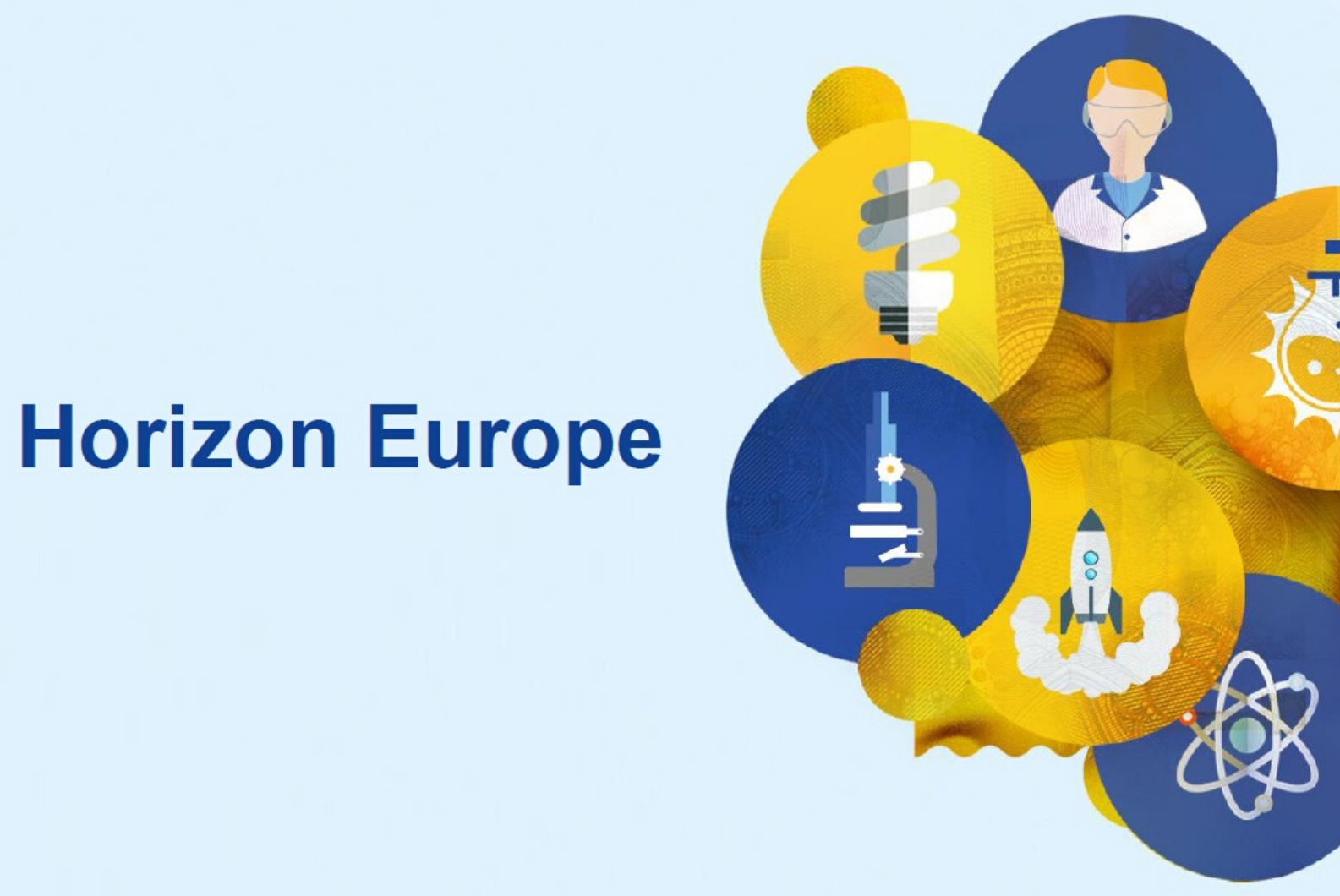Beyond ticking the box: the Final conference recording & presentations are online
The SUPERA project is coming to an end and on Friday, 25th March 2022 (h. 9:30-16:30 CET) our Final conference will take place!
We are proud of our efforts and achievements on gender equality so far and we would like to take the opportunity of the closing event to have an exchange with all the committed colleagues of the gender & science community about lessons learned, promising practices and common challenges for the sustainability of gender equality actions and policies.
Join us on the 25th of March, 2022 at the SUPERA Final Conference Beyond ticking the box: sustainable, innovative and inclusive Gender Equality Plans. The event will be held in a hybrid mode: we look forward to meeting you in Madrid, at the UCM Campus Moncloa (Faculty of Medicine. Room Professor Botella), and online.
Online registration is mandatory: please find the registration form at this link.
You will be invited to choose between the in-presence and the online attendance and you will receive a reminder a few days before the event. Please don´t hesitate to contact the SUPERA Project Team if you have any enquiries: superaprojectoffice@ucm.es
CONFERENCE RECORDING & PRESENTATIONS
The conference recording is accessible via this link on the SUPERA YouTube channel.
The slided used by the speakers are accessible on Slideshare and via the dedicated page of our website.
CONFERENCE AGENDA
9.30 -10.30 Opening
Margarita San Andrés Moya, UCM Vice-Rector for Research and Transfer
Domènec Espriu, Director of the Agencia Estatal de Investigación, MCIN-AEI
Athanasia Moungou Gender Sector Unit D4-Democracy & European Values DG Research & Innovation, European Commission Presentation
10.30 – 11.30 Welcome from the SUPERA Consortium and Keynote speech: “GEPs Eligibility criteria and beyond”
Maria Bustelo, SUPERA Coordinator, Universidad Complutense de Madrid
Marcela Linková, Head of the Centre for Gender and Science. Institute of Sociology of the Czech Academy of Sciences Presentation
11.30-12.00 Coffee Break
12.00-13.30 Round table “Stories of institutionalisation in Universities and Research Centers: inspiring practices”
Moderator: Emanuela Lombardo, UCM
- Mónica Lopes – Centro de Estudos Sociais Universidade da Coimbra: Gender Mainstreaming Monitoring Structure Accountability mechanism of the GEP Presentation
- Ana Belén Amil – Central European University: Increasing the representation of women as Faculty Presentation
- Marta Aparicio – Universidad Complutense de Madrid: Gender Equality Nodes Network Presentation
- Ester Cois – Università degli Studi di Cagliari: Institutionalisation of Gender Equality Delegate position Presentation
- María Pilar Rodríguez and María Jesús Pando – Universidad de Deusto (Project Gearing Roles): Guidelines to mainstream gender in research and teaching Presentation
13.30-14.30 Lunch Break
14.30 -15.45 Round table “Sustainability of GEPs and Networks in Research Funding Organisations”
Moderator: Sophia Ivarsson, VINNOVA
- Massimo Carboni – Regione Autonoma della Sardegna
- Lourdes Armesto – Agencia Estatal de Investigación Presentation
- Carry Hergaarden – Netherlands Organisation for Scientific Research Presentation
- Jana Dvorackova – Technology Agency of the Czech Republic Presentation
15.45-16.00 The SUPERA RFOs network: goals and next steps
Lut Mergaert – Yellow Window Presentation
Marcela Linkova – Institute of Sociology of the Czech Academy of Sciences
16.00-16.25 Concluding remarks – SUPERA International Advisory Board
Jörg Müller – Open University of Catalonia, Anne Laure Humbert – Oxford Brookes Business School, Miguel Lorente – University of Granada, Nicole Huyghe – Boobook, Maxime Forest, Sciences Po Paris
16.25-16.30 Closing



